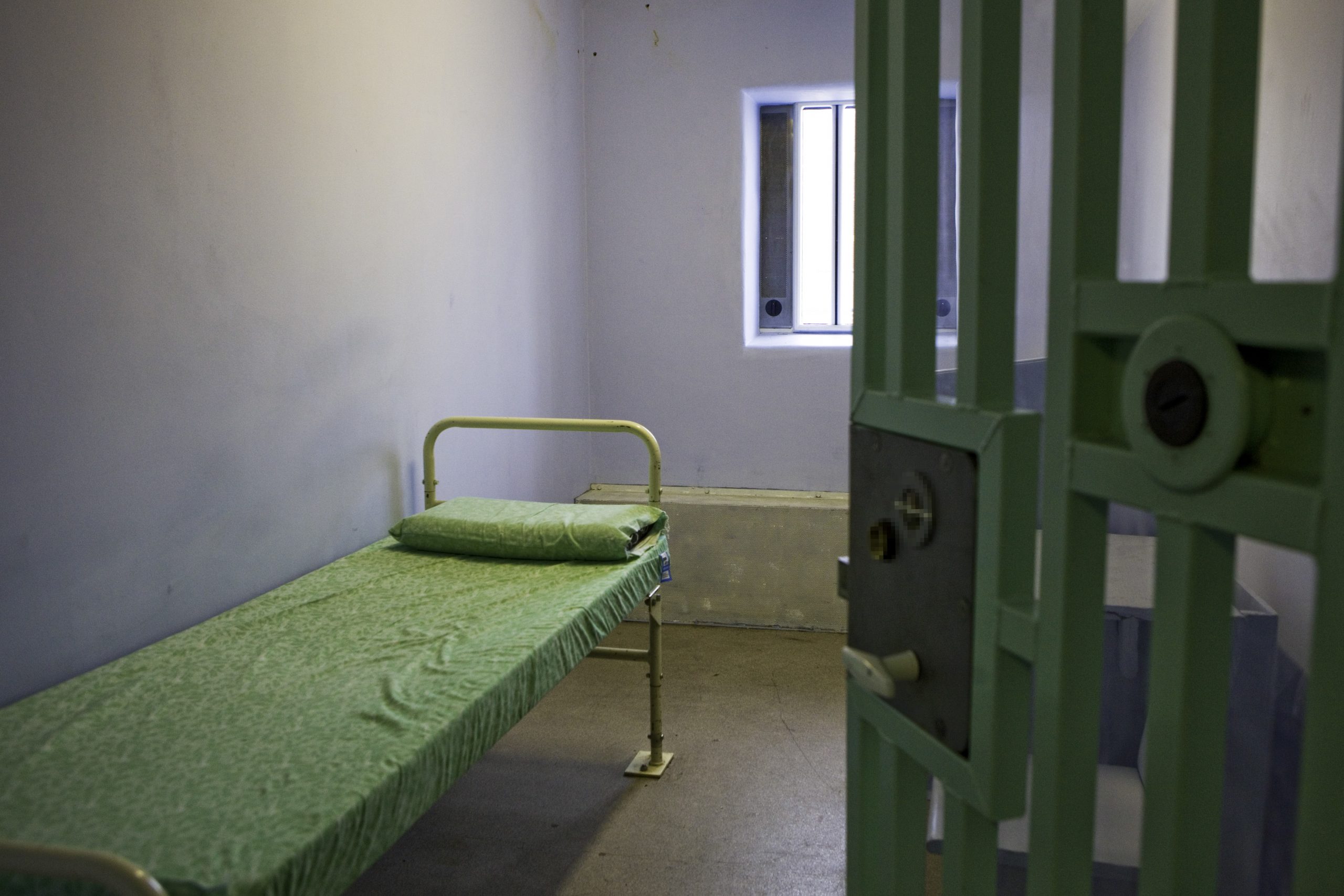Children speak out about ‘heavy-handed’ policing

A constant watch cell at the Young Offenders Institution, Aylesbury, Pic: Andy Aitchison, Prison Image
Over half of young people felt that the police did not have a good relationship with them and one in 10 felt harassed, according to new research by the the Children’s Rights Alliance for England (CRAE) published today.
The briefing – Children speak out on policing and youth justice (here) – drew on a survey of close to 1,000 children and young people about their treatment at the hands of the police and youth justice system. The research is part of the group’s See It, Say It, Change It project which is is led by a steering group of 22 children from seven to 18 years including children ‘whose rights are most at risk’ including the disabled children, children who have faced homelessness, those who have grown up in care and children who have face discrimination for other reasons.
When asked specifically about their experiencing of policing, over half (55%) felt that the police did not have a good relationship with children, and close to one in 10 (8%) stated that they felt the police harassed children. They described the police as ‘rude’, ‘judgemental’ and ‘heavy handed’.
‘Human rights are vital to ensure children are treated fairly and kept safe if they are caught up in the criminal justice system,’ commented Maria Stephens, participation manager at the CRAE. ‘Worryingly, testimony from the children and young people we spoke to shows children’s human rights are being discarded when they are needed most. Children.’
The CRAE noted that number of child arrests has dropped dramatically by 55% between 2010 and 2016; but still police forces nationally carry out several thousand child arrests a year. In 2013 there were 129,274 arrests of children and young people in England and Wales and almost one in 10 (9%) involved children younger than 14. In 2014, 112,037 arrests of children were made and almost one in four were BAME children (23%).
According to the group, children claimed that force was ‘often used unnecessarily even when they had been cooperating with the police’. ‘We know that many children in contact with the police or in the youth justice system are amongst the most vulnerable and disadvantaged in our society,’ CRAE said. ‘Using force or violence against children, especially those who are vulnerable, can result in long-term damage to their mental health as well as causing physical harm and distress.’
Fifteen year-old Liam described how ‘three of them [police officers]… grabbed me and threw me up against the fence. I couldn’t breathe … I had cuts all over my arms, my face, everywhere.’ One young person spoke about the ‘really frightening’ experience of being threatened by police officers carrying Tasers. ‘I just saw the little dot there and… I just went all warm, scared,’ said 17-year-old Zahir. ‘I thought I’m going to get hurt now, I’m going to get a shock in a minute. They just stunned him [his friend] and he was flopped on the floor.’
The study includes reports of young people detained in police custody, including incidents of violence being used against them by custody staff. Lee, 17 years old, said ‘even when you’re getting restrained or something, staff always get cheap punches in.’ Eleven year-old Ricky described how he heard ‘lots of shouting children… and then one of them was crying and one of them was kicking the wall or banging their head on the wall.’ Sixteen-year-old Kesha told of the degrading treatment she was forced to endure in a secure training centre, when she was required to shower handcuffed, in the presence of male and female security staff.
Stop and search was also identified as a major concern. A 15 year-old boy with Special Educational Needs said he was stopped 14 times in one year, and another child claimed to be stopped on average three times a week.
In the report, children and young people make a number of recommendations for change including that training must be introduced for all professionals working with children in policing and the justice system and that violence against children by police must stop immediately. ‘Physical restraint must only be used as a last resort when the child poses an imminent risk to the safety of themselves or others,’ the CRAE says.






